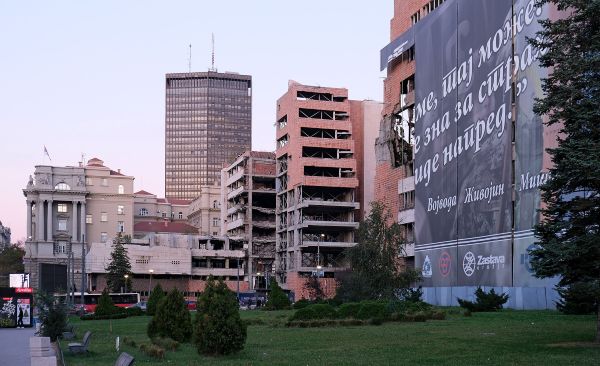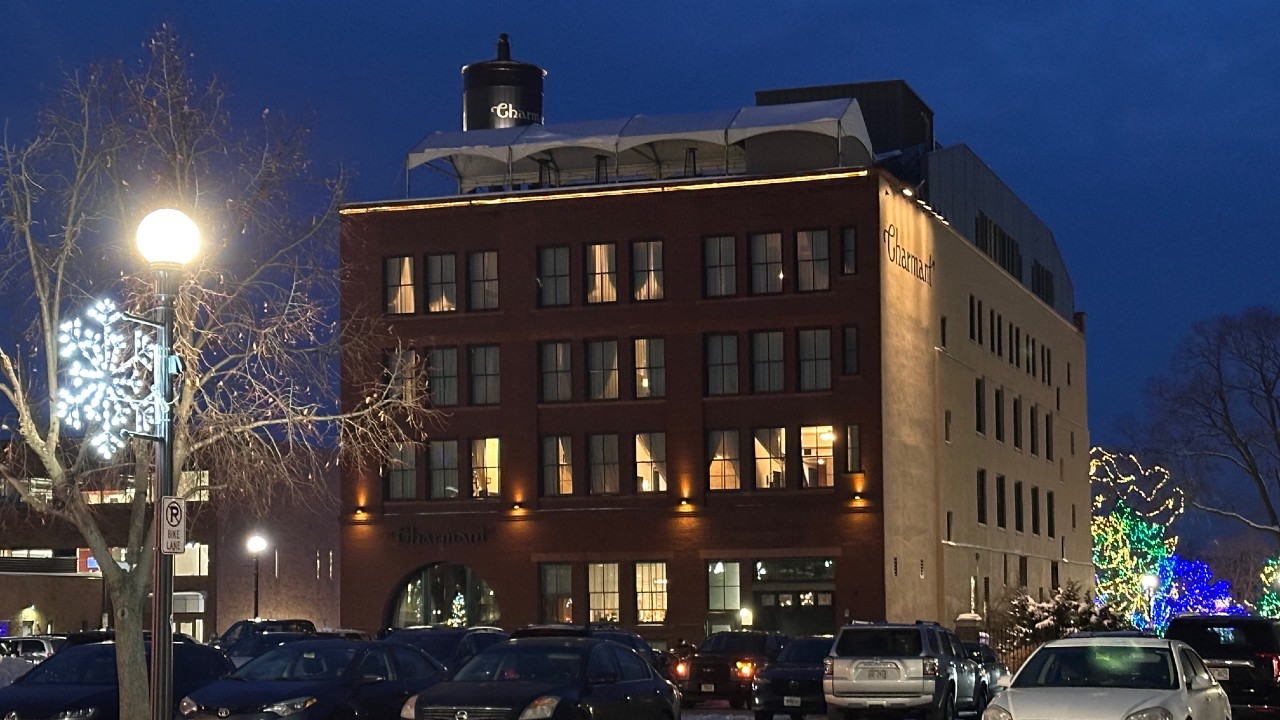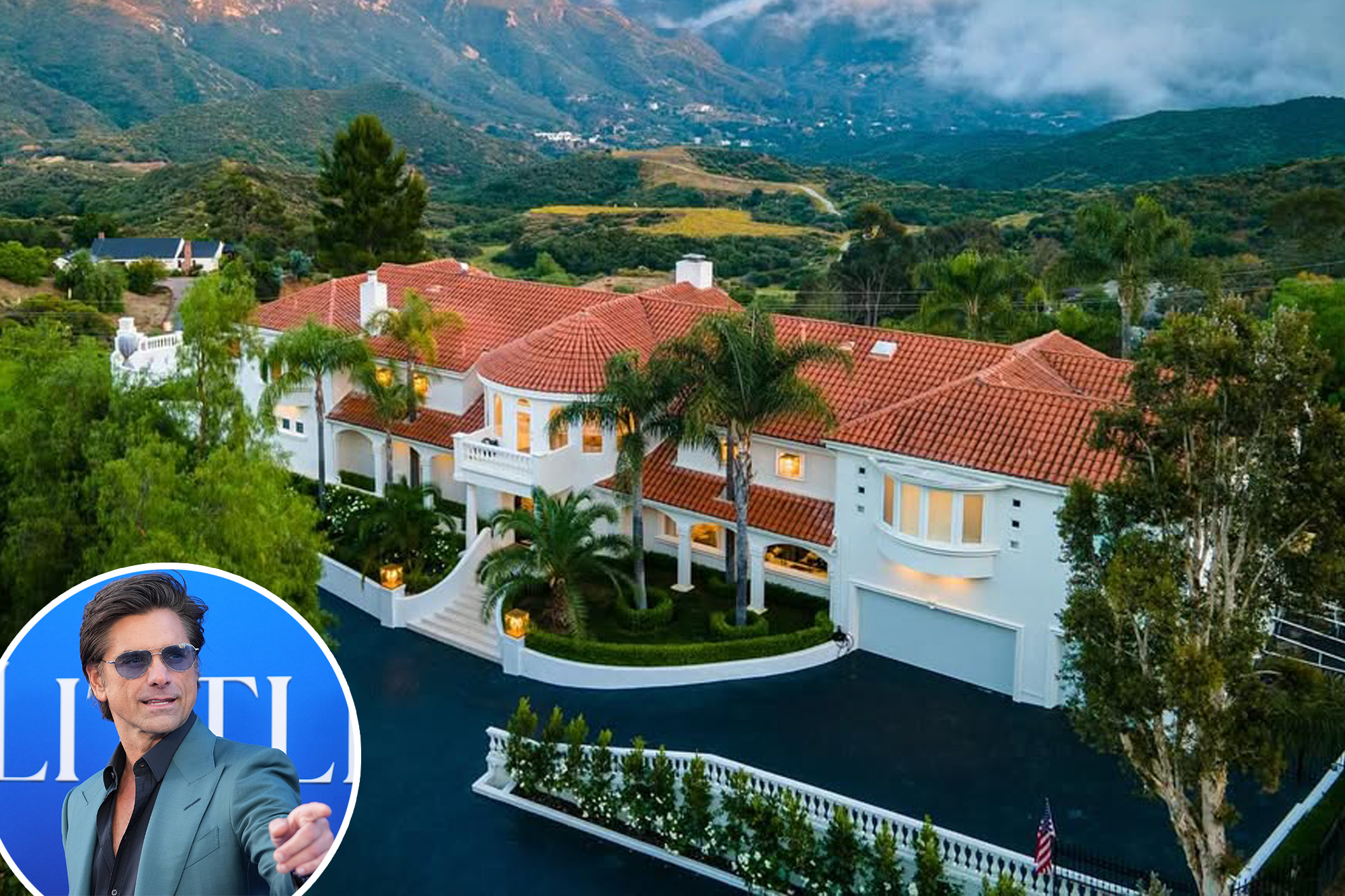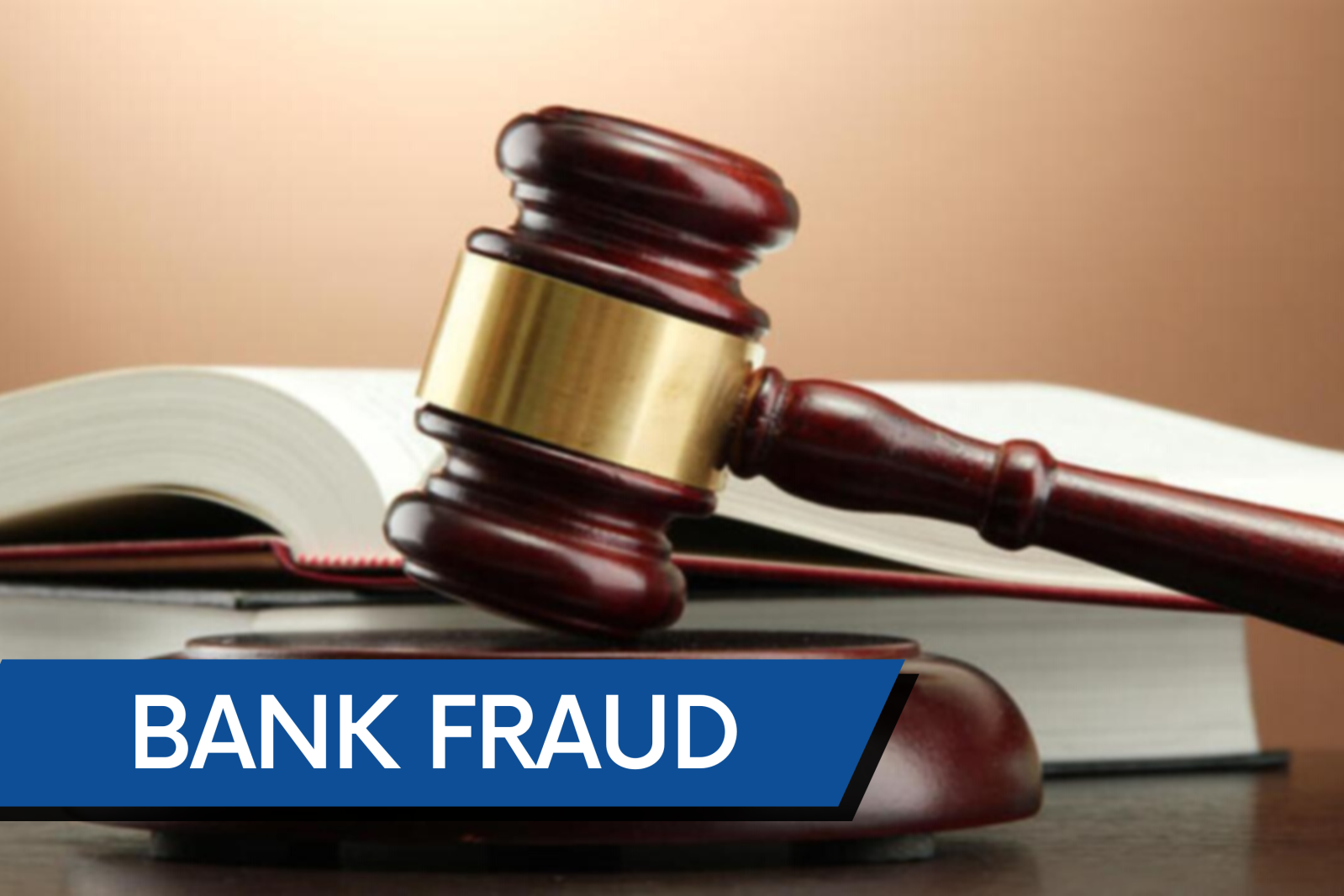S
erbian parliament has approved a controversial redevelopment of a former Yugoslav military headquarters in central Belgrade, a move that could bring a $500‑million project to the city. The decision, passed 130‑to‑40 in the 250‑member chamber, clears the way for Affinity Global Development—an investment firm linked to Jared Kushner—to lease the site for 99 years and begin construction.
The complex, once a symbol of resistance to NATO’s 1999 bombing, had been protected by law until the government removed that status last year. Prosecutors had paused the deal, questioning whether the paperwork that revoked protection was forged. President Aleksandar Vučić, who has positioned his administration as a pro‑Trump ally, insists the project will boost the economy and strengthen ties with Washington. Critics, however, argue that the buildings are architecturally significant relics of mid‑century Yugoslav design and a reminder of the nation’s suffering at the hands of the U.S.‑led coalition.
With the new law in force, authorities can now demolish two key structures and start on a mixed‑use development that will include a high‑rise hotel, luxury apartments, office space and retail outlets. Affinity has pledged to build a memorial on the grounds to honor victims of the NATO bombing. During the debate, Serbian Progressive Party MP Milenko Jovanov declared, “We are demolishing the ruins in order to build.”
Opposition voices have been loud. Transparency Serbia labels the bill a “combination of the two most dangerous forms of corruption,” while opposition MP Aleksandar Jovanović called it a “crime” that would replace heritage with “casinos and Jacuzzis.” Hundreds of protesters gathered outside the parliament, holding signs that read “Culture is not for sale” and vowing to protect the historic general staff building.
Anti‑NATO sentiment remains strong in Serbia, a legacy of the 1999 conflict that forced former President Slobodan Milošević to halt his crackdown on ethnic Albanians in Kosovo. Vučić’s government has faced further protests over alleged corruption in state projects, most notably after a concrete canopy collapsed at a train station in Novi Sad, killing 16 people.













